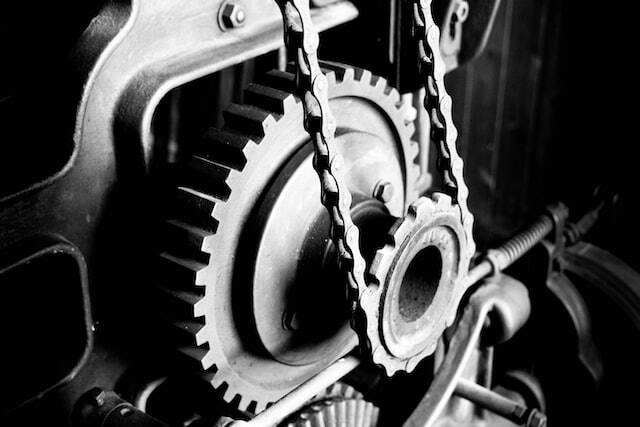Relaxation of self-assessment threshold
HMRC has promised a change to the threshold at which self-employed taxpayers need to complete a tax return. What do we know so far?

Currently, those with trading income exceeding £1,000 must submit a tax return each year, even if they do not have any tax to pay. HMRC has announced that the threshold will increase to £3,000, which it estimates will mean up to 300,000 people no longer needing to submit tax returns. There is no firm date for this, with the government saying that it will happen “within this parliament”, i.e. before the next general election.
The threshold applies to the gross income the self-employed person earns in a tax year, i.e. before deducting any expenses. Some affected individuals will still have an income tax liability, and HMRC intends to launch a “simple” online service to collect the tax in the absence of a self-assessment tax return. However, there is no information about what this will look like or how it will work yet.
Related Topics
-
Tax relief for lending to your company
You can usually claim tax relief for money you borrow personally to lend to your company. It sounds straightforward but there are in fact a number of restrictions to trip you up. How do you secure the tax relief?
-
Who can't yet sign up for MTD IT?
Making Tax Digital for Income Tax (MTD IT) becomes mandatory from April 2026 for sole traders and landlords with qualifying income over £50,000. However, HMRC’s current guidance makes clear that not everyone can sign up yet. If you are preparing early, are you actually eligible?
-
Pay self-assessment tax